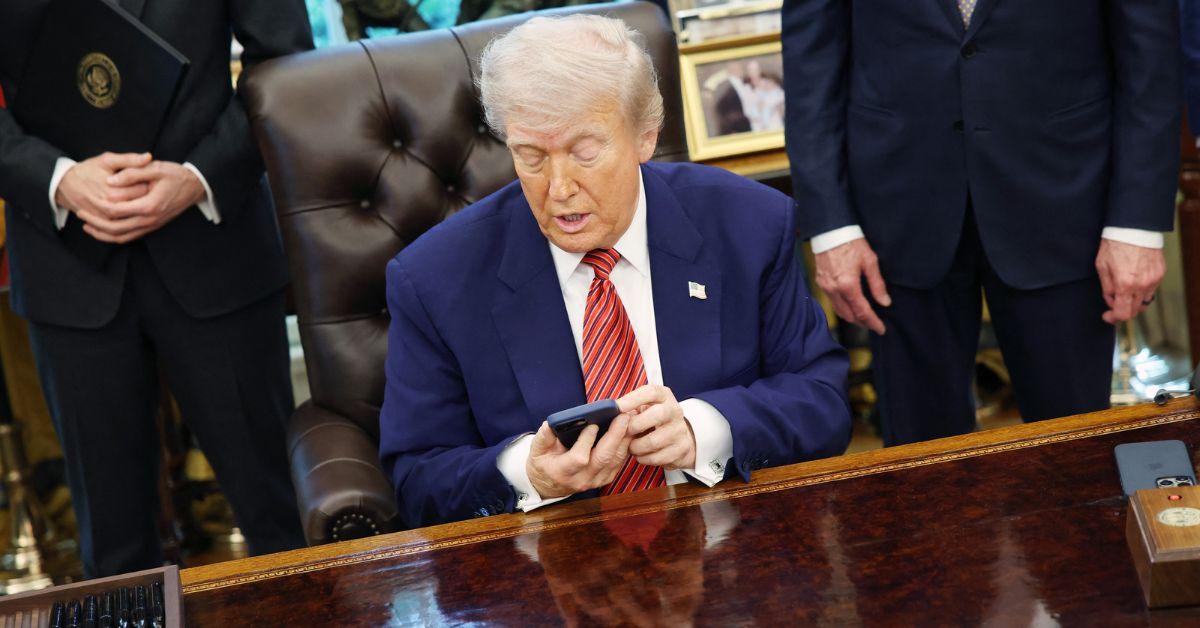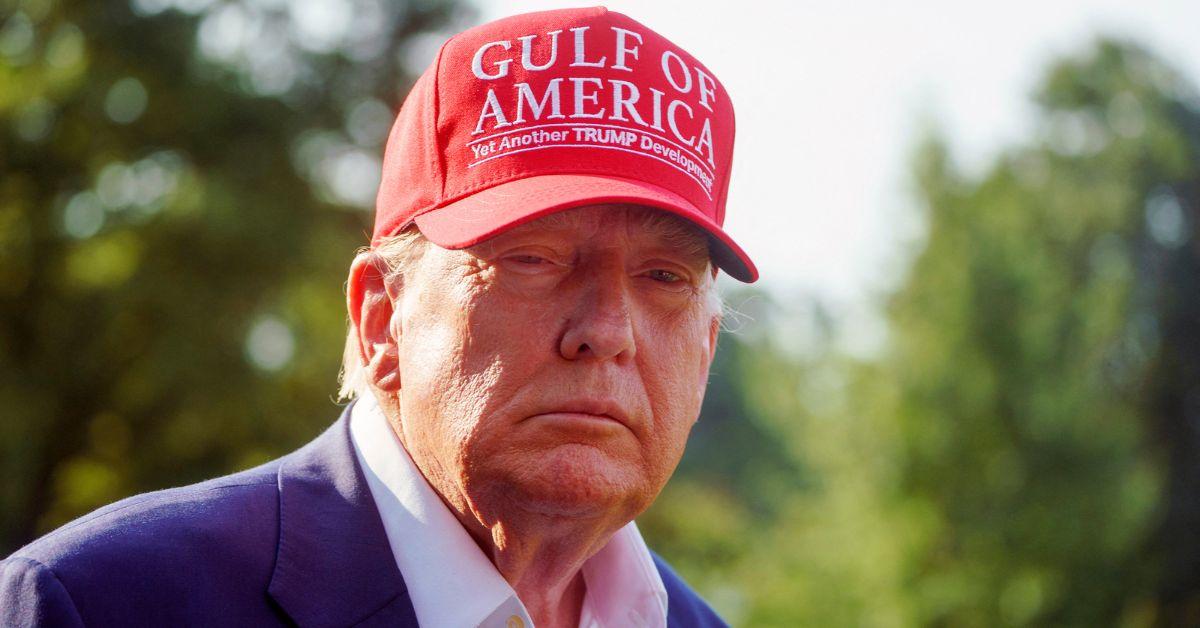Probe Launched Over Trump Fraud Judge Allegedly Receiving Unsolicited Advice From Embattled Real Estate Lawyer Before $454 Million Ruling: Report
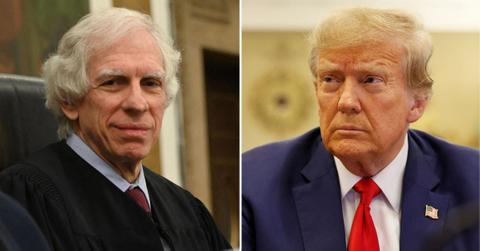
Judge Arthur Engoron reportedly being investigated after a real estate lawyer claimed to have given him unsolicited advice before his $454 million civil fraud ruling against Donald Trump.
May 9 2024, Published 3:00 p.m. ET
Judge Arthur Engoron is reportedly being investigated over an allegation that he received unsolicited advice from an embattled real estate lawyer before ordering Donald Trump to pay a $454 million judgment, RadarOnline.com has learned.
The New York City judge presided over the former president's civil fraud trial after ruling last September that Trump be held liable for committing fraud. State Attorney General Letitia James filed a lawsuit against the ex-president in 2022 for exaggerating financial statements that got him bank loans and business deals.
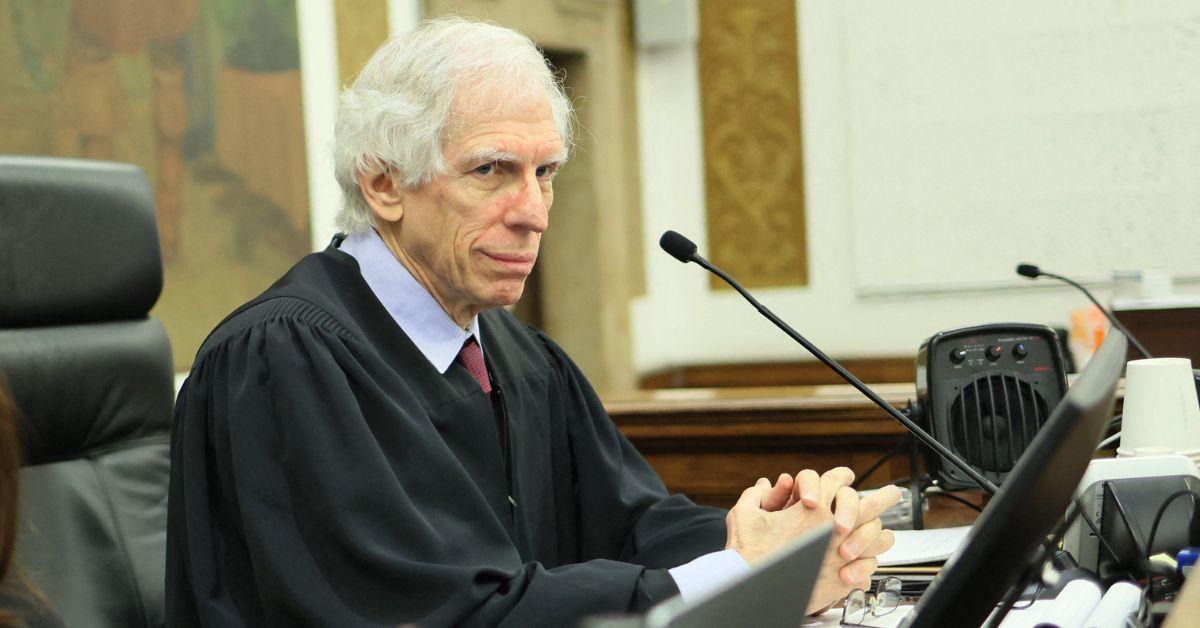
The judge denied the allegations that he was influenced by Bailey through a court spokesperson.
After a non-jury bench trial, the Manhattan Supreme Court justice ordered Trump to pay $355 million plus interest in March, writing in his ruling that "the frauds found here leap off the page and shock the conscience." Judge Engoron also walked back a pre-trial ruling from September, in which he had said that some of the former president's businesses would be dissolved.
New York real estate lawyer Adam Leitman Bailey, who was not involved in the civil fraud case and was once suspended from practicing law, told NBC New York during a February interview that he spoke with Judge Engoron about the case three weeks before the ruling.
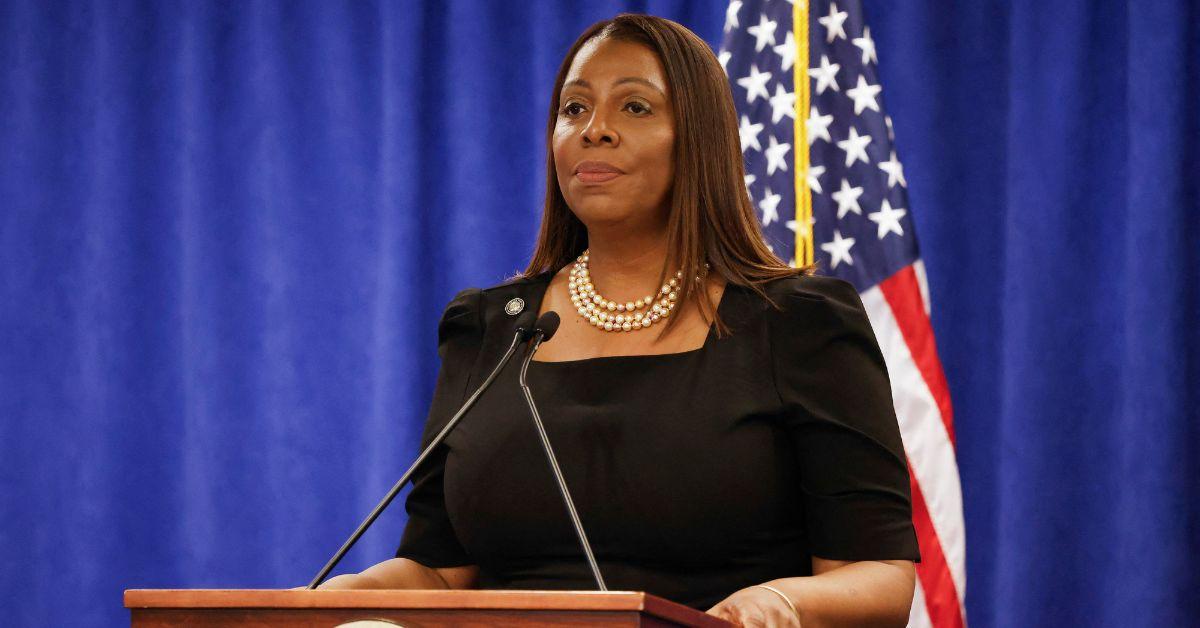
New York Attorney General Letitia James filed the civil fraud lawsuit against Trump in 2022.
Bailey claimed that he approached the judge at the courthouse and "explained to" him that a fraud law pertinent to the case should not be used to fold major companies, particularly when the victims of such a statute violation are unclear. He allegedly argued that the state's economy could suffer from such a decision. Judge Engoron had previously dismissed a similar argument brought by Trump's lawyers.
Bailey said he "wanted [Engoron] to know what I think and why…I really want him to get it right." He said he had known the judge from litigating cases before him "hundreds of times."
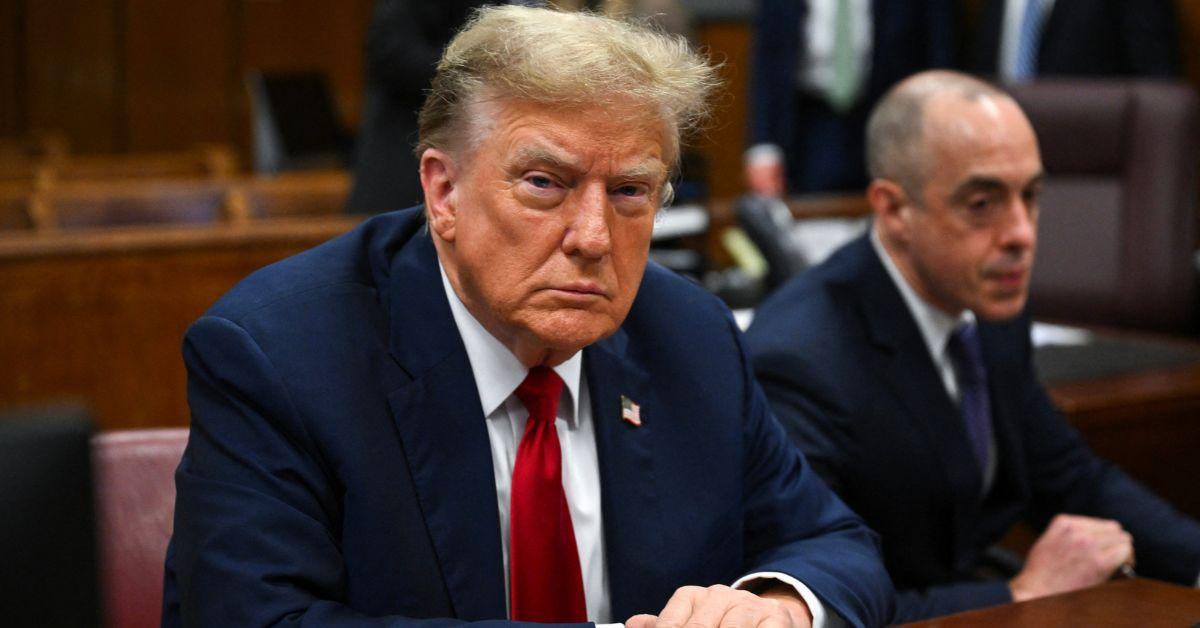
Trump was ordered to pay the multi-million-dollar judgment for exaggerating his financial statements to secure loans and business deals.
"He had a lot of questions, you know, about certain cases. We went over it," the lawyer added.
New York’s judicial oversight body initiated an investigation into the alleged exchange, sources familiar with the situation told NBC New York on Wednesday. The judge denied being influenced by Bailey through a court spokesperson.
"No ex parte conversation concerning this matter occurred between Justice Engoron and Mr. Bailey or any other person," the communications director for the New York Office of Court Administration, Al Baker, said in a written statement.
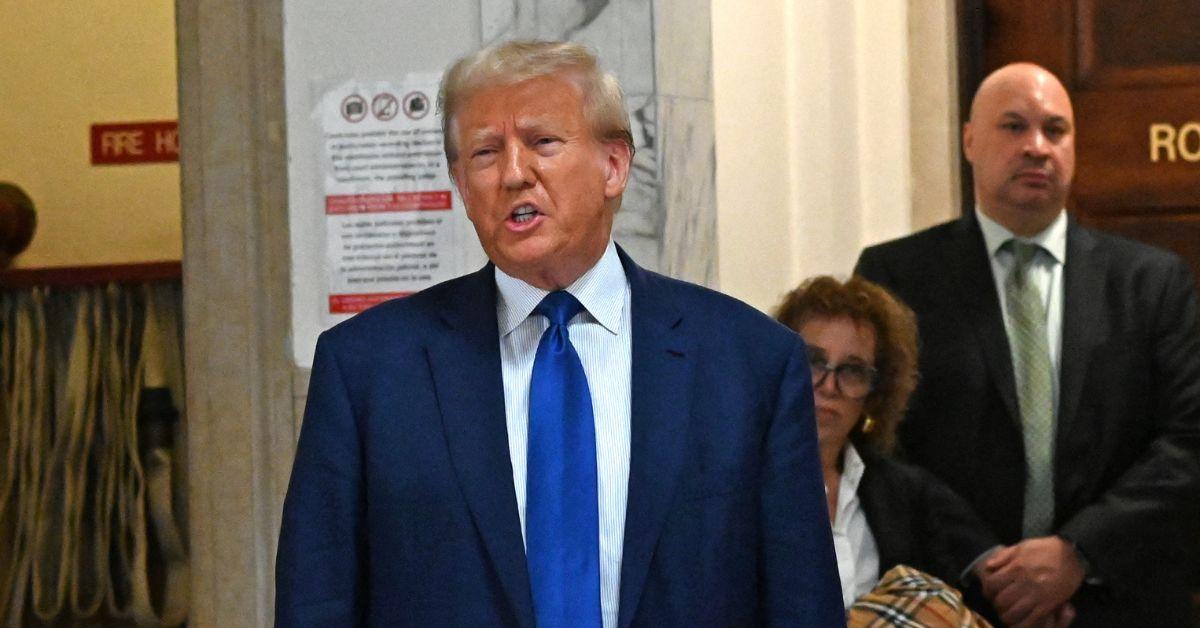
In September, Engoron indicated that some of Trump's businesses would be dissolved, but he walked back this ruling in March.
"The decision Justice Engoron issued February 16 was his alone, was deeply considered, and was wholly uninfluenced by this individual," Baker added. The term "ex parte" refers to exchanges with a judge about a case occuring without all parties present.
Per New York's laws for judicial conduct, "a judge shall not initiate, permit, or consider ex parte communications, or consider other communications made to the judge outside the presence of the parties or their lawyers."

Powered by RedCircle
An exception does exist, though, when it comes to a judge receiving "the advice of a disinterested expert," if notice is given to all parties with the opportunity to respond.
Bailey's law license was suspended in 2019 by a New York appeals court for misconduct in two cases. Court records obtained by NBC revealed that the lawyer had used his cell phone to take photos of witnesses during a hearing in one case, and that he told a tenant in another case that they "should just kill themselves."
The Commission on Judicial Conduct may take more than a year to complete its confidential investigation.

